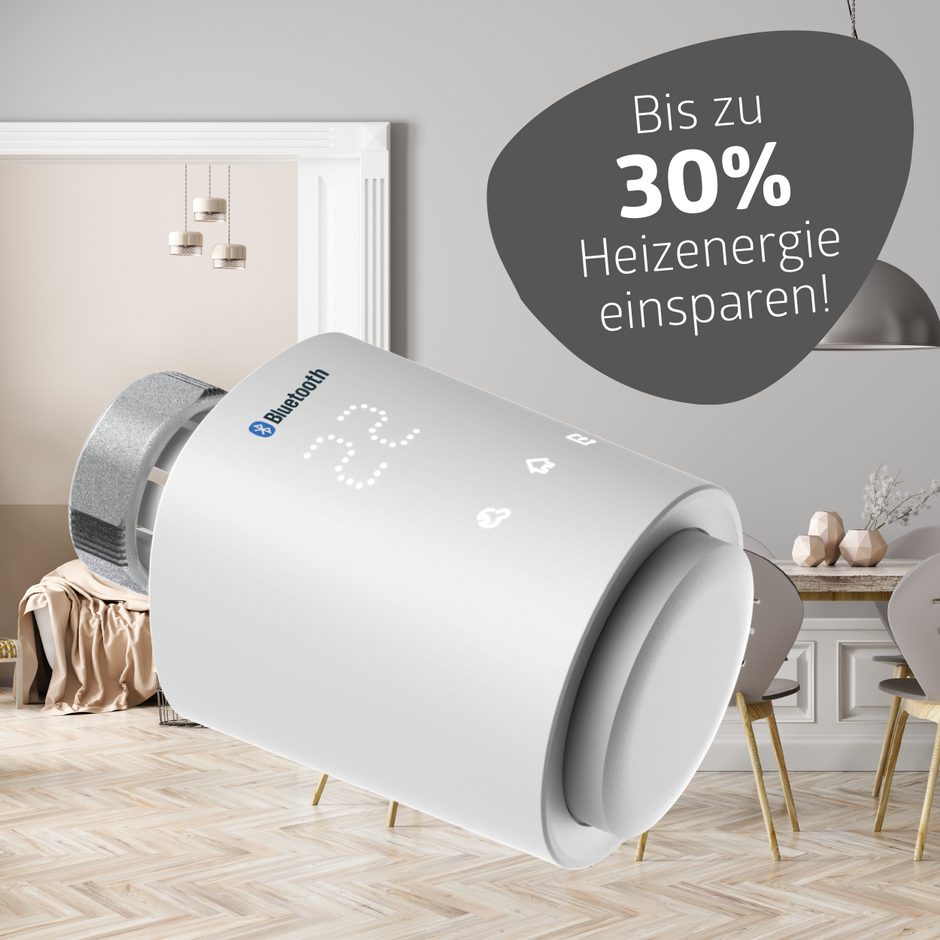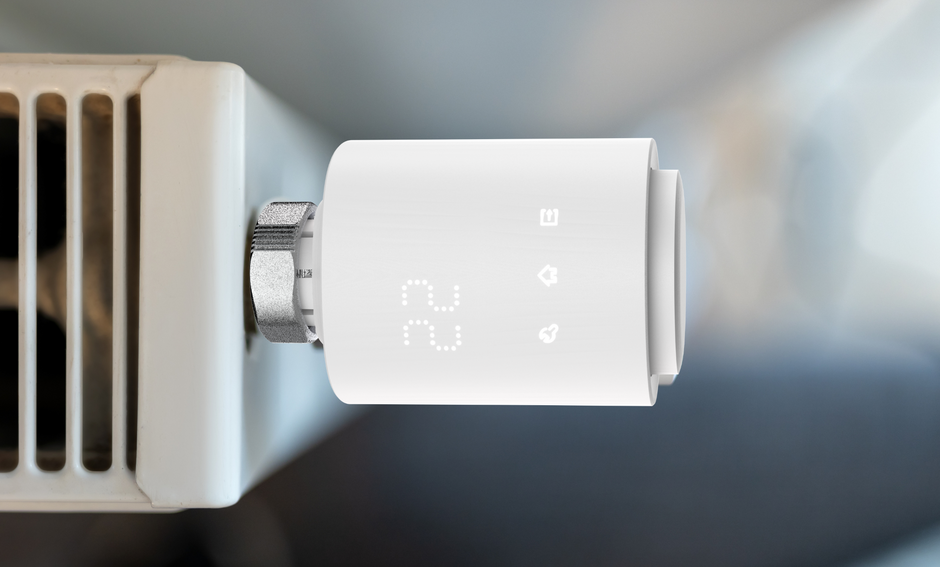Voice assistants have developed rapidly in recent years and play a central role in modern smart home systems. The main players in the market are Google Assistant, Amazon Alexa, Apple Siri and Microsoft Cortana. Let's compare these four key players in the context of smart home applications:
-
Google Assistant
-
Advantages :
- Integration : Works seamlessly with Google products and a variety of third-party smart home devices.
- Multilingualism : Supports many languages and dialects.
- Ease of use : Intuitive interface and easy voice recognition.
-
Disadvantages :
- Privacy concerns regarding Google's data collection.
- Some rare compatibility issues with certain devices.
-
Advantages :
-
Amazon Alexa
-
Advantages :
- Versatility : Large number of “skills” (extensions) available, created by developers worldwide.
- Hardware : Wide range of Echo devices available in different form factors.
- Integration : Supports an impressive number of third-party smart home devices.
-
Disadvantages :
- Sometimes overly complex due to the variety of skills.
- Privacy concerns similar to Google.
-
Advantages :
-
Apple Siri
-
Advantages :
- Privacy : Apple emphasizes protecting user privacy and data.
- Integration : Works seamlessly with other Apple products such as iPhone, iPad and Apple Watch.
- HomeKit : Apple's smart home platform is stable and secure.
-
Disadvantages :
- Fewer third-party devices are compatible with HomeKit compared to Alexa or Google Assistant.
- May be more expensive to set up if investing exclusively in the Apple ecosystem.
-
Advantages :
-
Microsoft Cortana
-
Advantages :
- Integration into Windows operating systems.
- Useful for Microsoft product users.
-
Disadvantages :
- Limited support and integration with smart home devices compared to the other three.
- Less focus from Microsoft on Cortana as its main voice assistant in recent years.
-
Advantages :
Conclusion : Choosing the best voice assistant depends on individual needs, preferences and the ecosystem already in place. For those who value privacy and already use Apple products, Siri and HomeKit could be the best choice. For broader compatibility and adaptability, Google Assistant and Amazon Alexa lead the way. Microsoft Cortana might be attractive to those who are already heavily invested in Microsoft products, but it lacks broader smart home support.
























